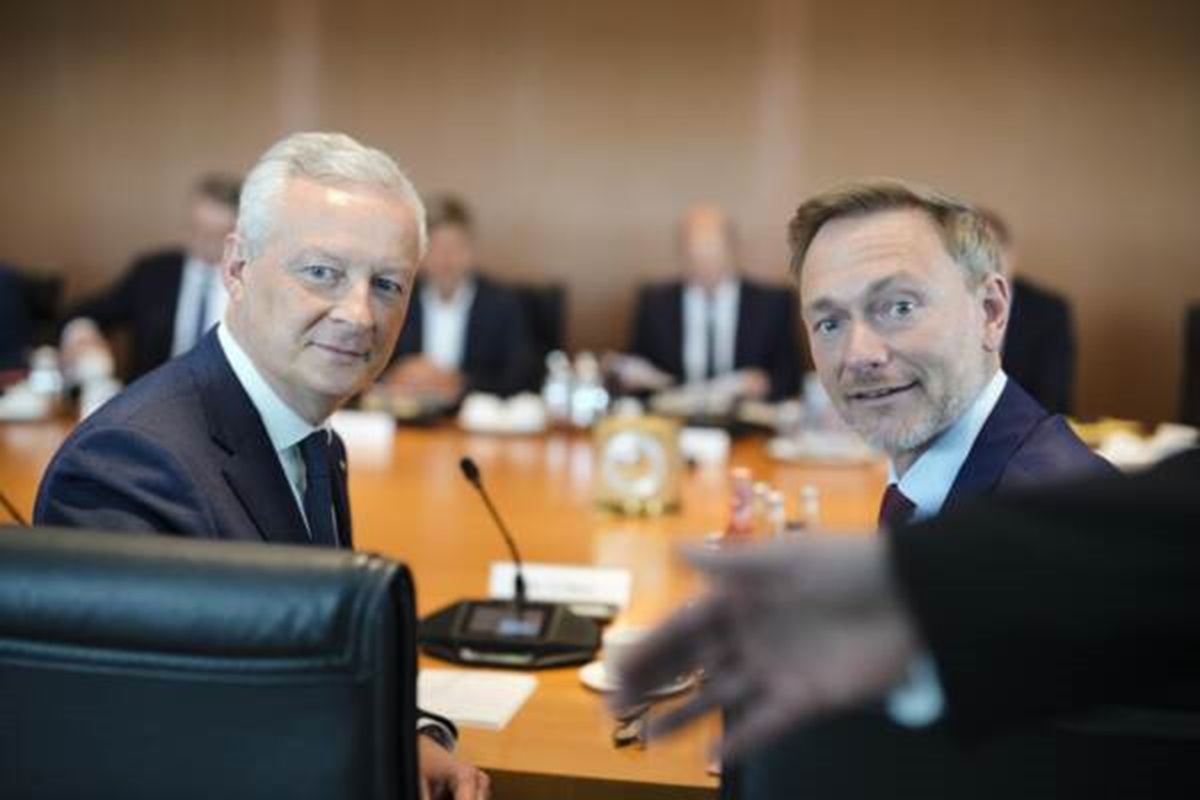International
Germany and France annouce an agreement on European budget rules. Other countries better are careful

France and Germany have reached a “100 percent” agreement on how to reform the European Union’s tax rules, French Finance Minister Bruno Le Maire said on Tuesday after the conclusion of talks with his German counterpart. Reuters made the report on the matter.
The EU’s two largest countries have been at odds over how to support investment when budget deficits exceed the EU limit. The other member states, which have united in two camps behind Paris and Berlin, are
Le Maire and German Finance Minister Christian Lindner wanted to agree on a common Franco-German position before a broader meeting with their EU counterparts on Wednesday, probably the last chance to reach an agreement before the end of the year.
“This evening we reached 100 percent agreement with Christian Lindner on the new rules of the Stability and Growth Pact,” Le Maire said in a post on X after the Paris talks.
He added that the agreement, which came after months of negotiations, is “very good news for Europe, guaranteeing sound public finances and investment.”
In a post on X, Lindner said he agreed on the “key elements” of the EU’s budget rules, citing in particular “guarantees for reducing deficits and debt levels, incentives for reform, and investment.”
Neither side, however, wanted to reveal what this agreement contains, how it managed to bring together a side that wanted an obligation to real budget surplus, with debt falling every year, and, on the other side, those who wanted very broad exemptions for investment. Certainly, the fact that both politicians are part of the liberal European group helped to reach the agreement.
The fact that the two sides present the agreement as a fait accompli makes one, frankly, doubt that this pact is balanced toward all parties and suggests that, as always, the two powers looked after their own interests but ignored, or trampled on, those of others. Frankly, the announcement of the agreement risks not solving the problem but consolidating opposing positions.
If Germany and France think they will dominate the EU without listening to other countries, they risk being soon proven wrong.






